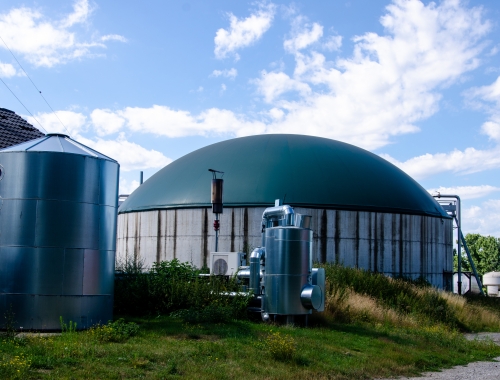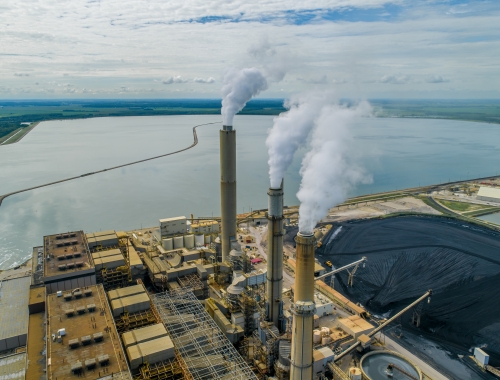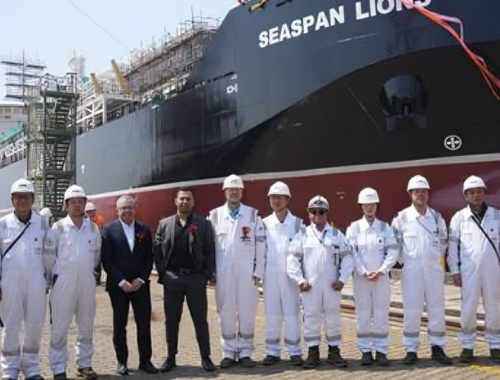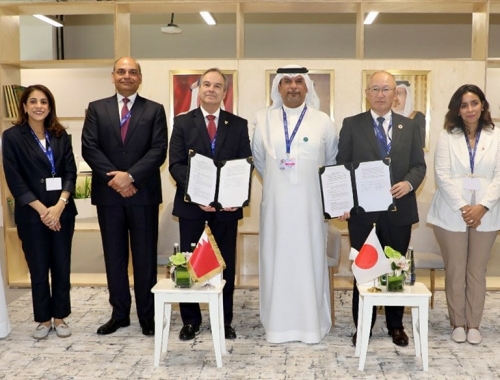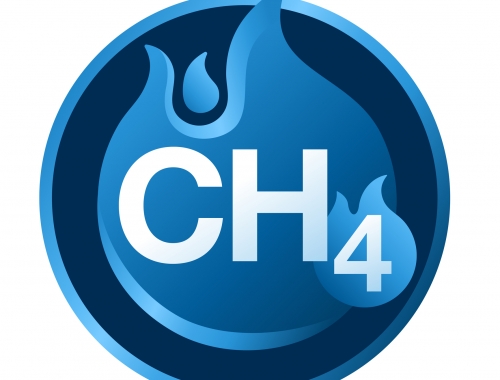New report touts ‘Canada’s gas as the world’s gas’
SUMMARY
High ESG scorecard for Canadian gas should make it the preferred supply choice.
By Dale LunanPOSTED IN:
A new report August 18 from Canada’s Public Policy Forum (PPF) says the country is in a unique position to help other nations meet their energy transition goals while still serving domestic interests, largely on the strength of its significant endowment of low carbon natural gas.
But achieving that dual ambition would require Canada’s political leaders to make a choice: develop the country’s natural gas resources and make them available to the rest of the world, or draw in its head, leave the gas in the ground and global gas markets to less responsible suppliers.
“At the heart of the matter lies a surprising paradox: while developing Canadian gas would put upward pressure on our own national climate targets, it could also contribute to lowering global emissions,” the PPF says in A Leadership Blueprint for Canada’s High-ESG Gas – Serving the Public and Global Good. “It comes down to what is essentially a moral choice about being a good neighbour to our friends abroad while protecting our energy independence at home.”
The report notes that while most forecasts suggest fossil fuel use will decline by 2050, the world will continue to rely on natural gas, with consumption increasing through 2040 before beginning a gradual decline. The International Energy Agency (IEA) puts global gas demand in 2050 at about 30% higher than it was in 2020; the US Energy Information Administration (EIA) has a similar forecast.
The question, the report says, then becomes one of who is best positioned to supply this continued global demand for natural gas. With its high scores on most environmental, social and governance (ESG) dashboards, any serious and sustainable climate strategy must consider the “undeniable” case for applying Canadian gas resources to alleviate “the menace” climate change poses.
“With its natural environmental, social and governance performance (ESG) advantage in the global marketplace, Canada’s gas simply should be the world’s gas,” the report says. “On ‘Environmental,’ it is materially less carbon intensive and can be made even more so; on ‘Social,’ it is produced in a diverse country dedicated to gender and other forms of equality and is increasingly attentive to correcting the historical wrongs perpetrated on indigenous peoples; on ‘Governance’ Canada is a major supporter of the Paris Agreement, is a leader on addressing methane leaks and other environmental risks, is a reliable trader that does not hold other nations hostage to its geopolitical machinations, is home to regulated financiers and corporations that are committed to a net-zero future, abides by the rule of law enforced by an independent judiciary and respects human rights conventions.”
The full report can be downloaded from the PPF’s website.

